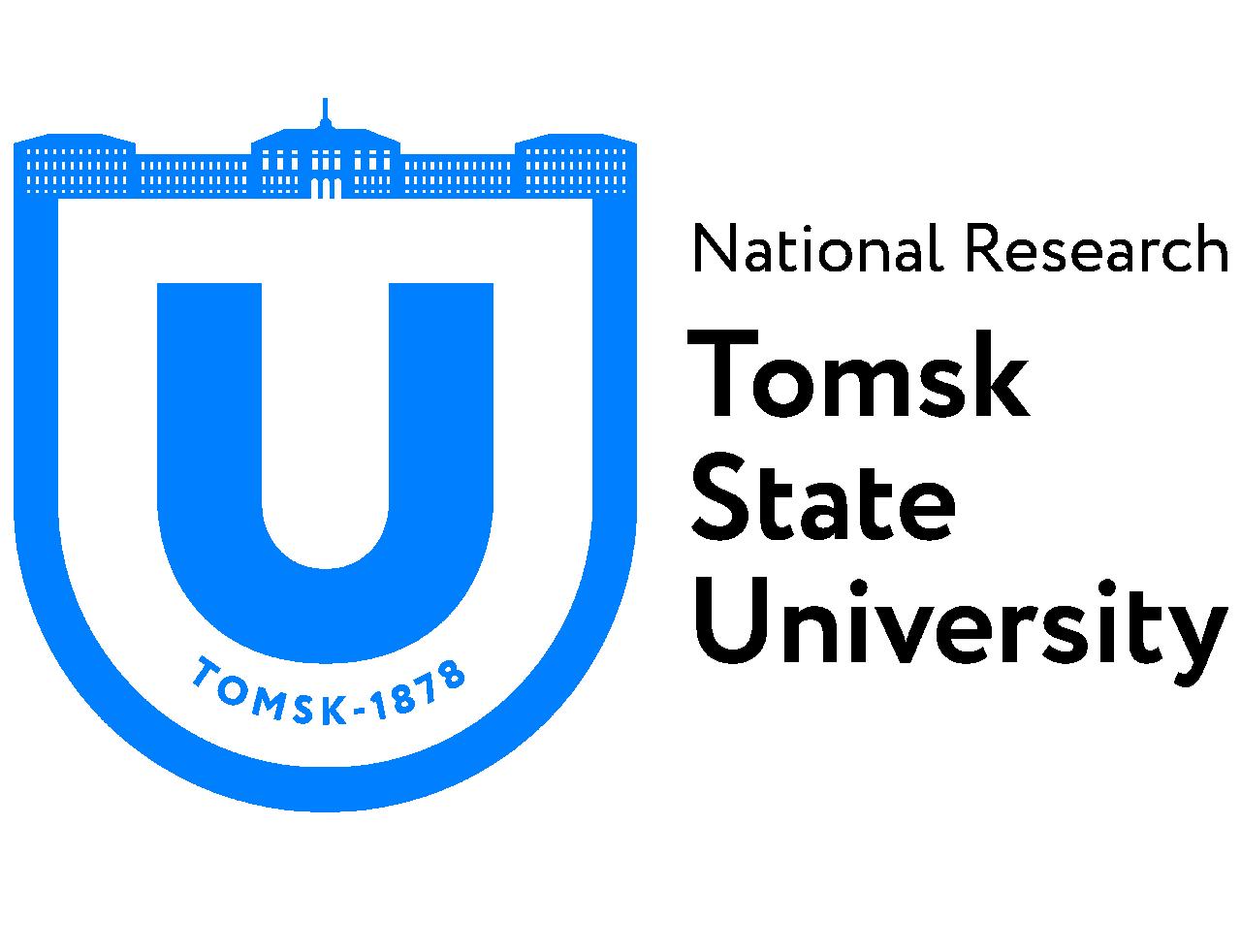Tomsk State University: TSU and SPbSRIVS will engineer a new generation of vaccines
The idea is to create a platform for a new generation of vaccines that can be easily updated to combat new threats. TSU is also developing bachelor’s, master’s, and doctoral programs to provide the partner institution with skilled employees.
“To effectively protect people from the most dangerous pathogens, we need vaccines that can be updated fast,” TSU Vice-Rector for Research and Innovation Aleeksand Vorozhtsov says. “There are four categories of vaccines: inactivated and recombinant are well-known, while vector and mRNA vaccines are something newer. When a pathogen mutates fast, it is important to have a vaccine that can be quickly modified. That is why we are collaborating with our partner, a leading national enterprise, to create a platform for new-generation vaccines..”
The researchers will create safe ways to protect immunity using new technologies of biological engineering. This is one of the main research areas for the research and educational center of Tomsk Oblast. Ideas and prospects of biological engineering are discussed on the U-NOVUS forum in Tomsk.
Another joint research area for TSU and SPbSRIVS is post-vaccine immunity, its development, and the factors affecting it.
“Another area of collaboration for us is providing SPbSRIVS and other organizations working in the field of immunology with skilled employees,” says Aleksandr Sazonov, TSU Executive Board adviser. “TSU is currently designing bachelor’s, master’s, and doctoral programs that will include courses on genetic engineering, immunology, molecular biology, and other disciplines. Graduates of these programs will be able to take part in major interdisciplinary projects, create new vaccines, and work in hi-tech enterprises”
The partners have already agreed on internship opportunities for TSU students at SPbSRIVS. TSU student Viktoria Shafrai of the Department of Genetics and Cell Technologies won the competition and will soon begin her internship at SPbSRIVS.
The consortium will grow and include new partners: research institutions and industrial organizations that can participate in developing and manufacturing new vaccines to protect people from dangerous infections.

